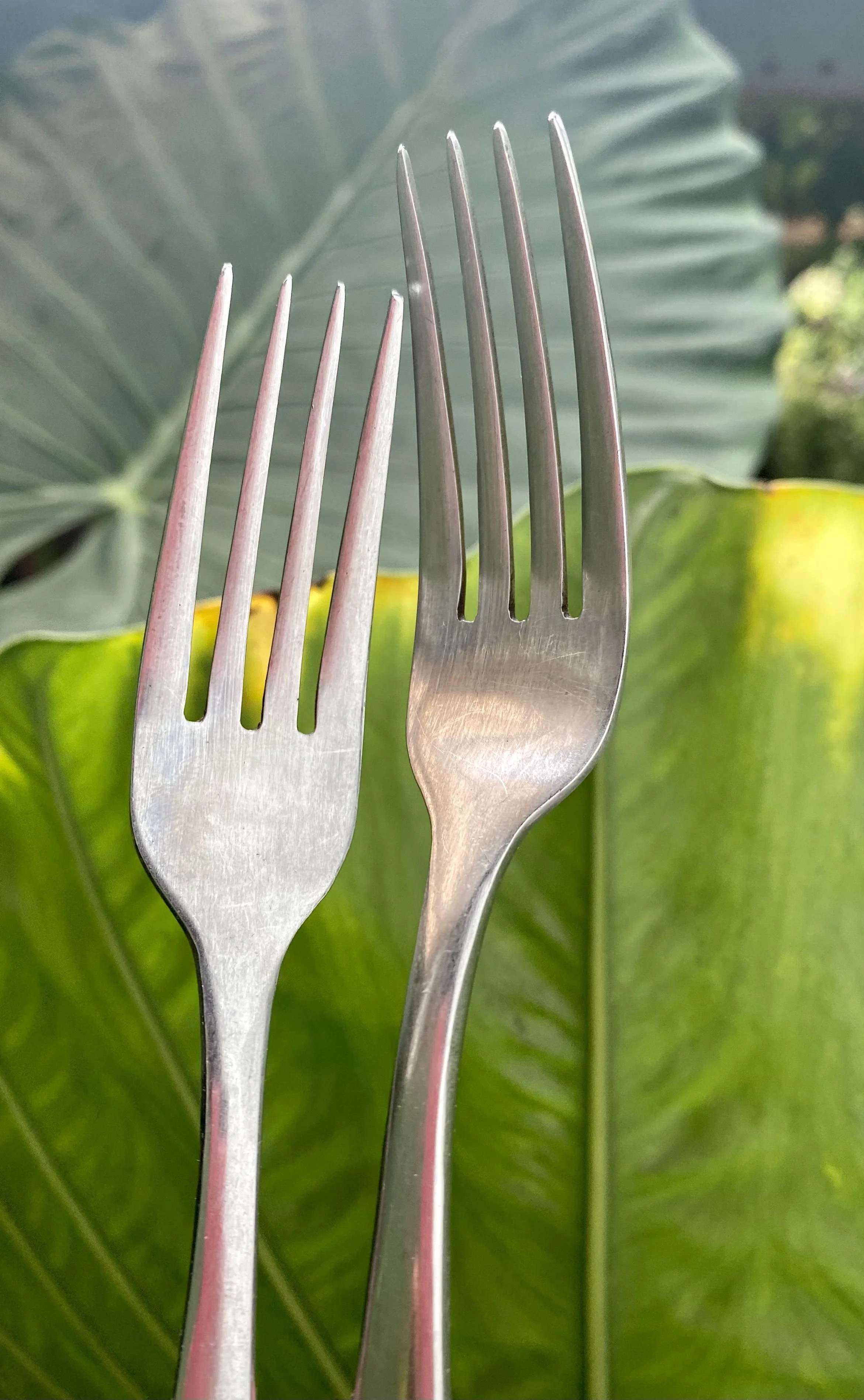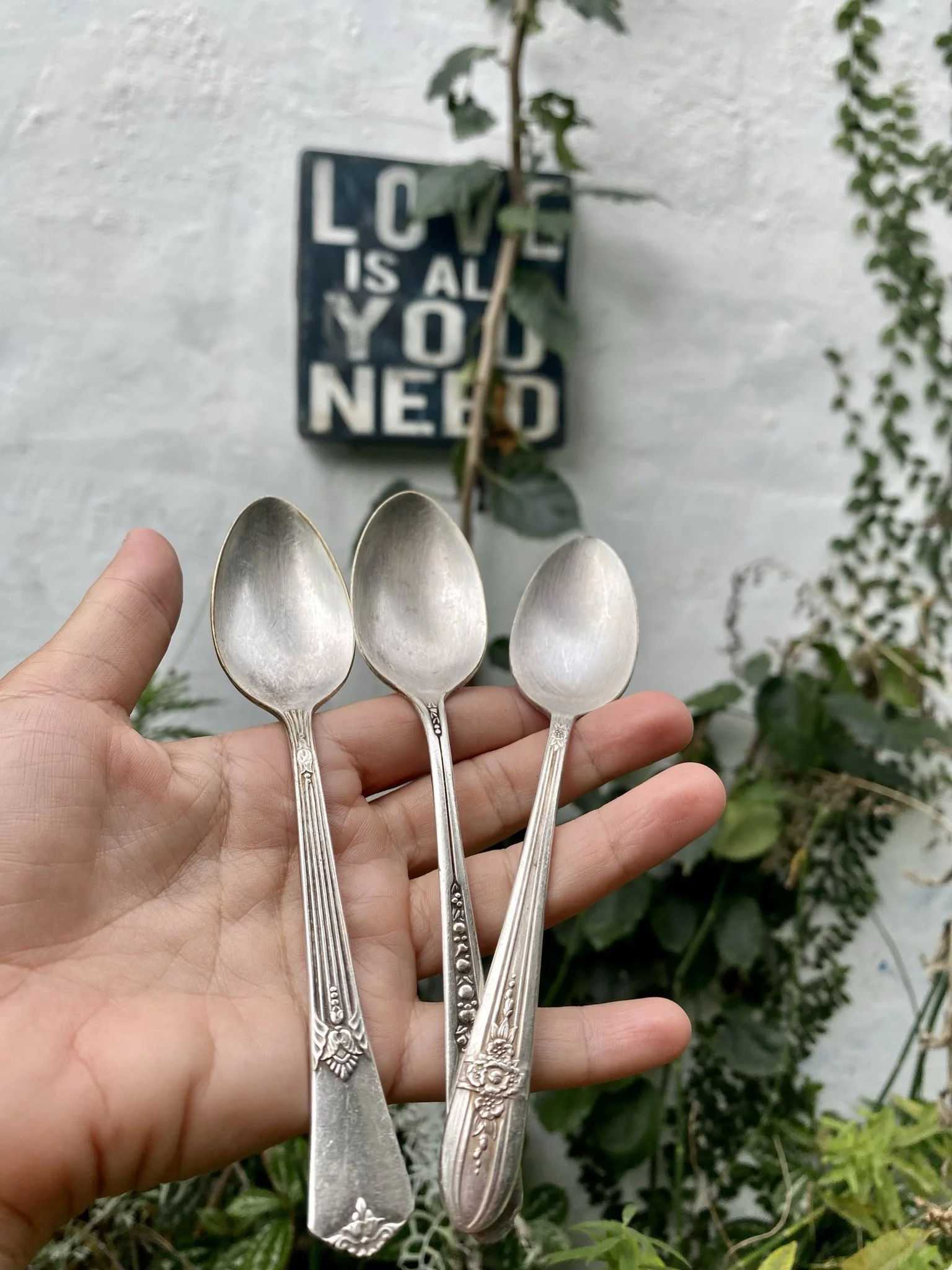Utensil Usage and Assumptions
Did you know that the number one thing couples fight about is NOTHING?
After John & Julie Gottman observed thousands of couples in their Love Lab for more than forty years, they discovered that most couples were not arguing about specific topics like finances, sex, parenting, or dealing with difficult in-laws.
Instead, they were fighting about a failure to emotionally connect, and most likely didn’t even know it. They realized how, instead of having productive conflict discussions about tangible issues, couples were arguing about how one partner may not pay much attention to the other’s needs, or may not express much interest in things that their partner cares about.
Miscommunication and disconnect are the biggest barriers we face in deeper relationships. Many of the miscommunications stem from the assumptions we make about what the other person is saying or doing. We often attach our values to their behaviors and assume some meaning that they have not intended.
Let me give you an example:
My husband has the tendency to double dip with his fork: he would not think twice about using the same fork to serve himself kimchi and then olive tapenade. He wouldn’t think twice about corrupting the tapenade with the kimchi remnants. (For him) this is just serving food. I, on the other hand, see his fork behavior as disrespectful as the double-dipping changes the flavors and (for me) is about taking a little time and care to get a second utensil. (And his persistent utensil usage, even after my complaints, left me even more annoyed and feeling disrespected). There are many similar or not-so-similar situations in which the meaning we attach to the other person’s behavior is what makes us feel bad. It isn’t what the other person actually did.
Learning how to step back from our assumptions of the meanings we impose and be with what is, helps to clarify numerous day-to-day situations. If we can get away from those pesky little assumptions and instead expect the best of others we would find everything that much more pleasant. Start your day with the intention of expecting the best. Try to take on the positive perspective. Try to be clear with your words and actions. And remember your kindness breeds more kindness. This is your life, you get to choose to make a change!
Are you looking for help with your relationship? Do you feel that a relationship coach could help you working on your couples skills? Is communication an issue? Have you ever considered couples therapy or counseling? As a psychotherapist and relationship coach, I am uniquely positioned to help you through these moments of disconnect and conflict.
__
Learn more about my approach to life consulting and relationship coaching here or get in touch for your free 30-minute consultation here! Don’t forget to follow along @LilyManne on social for more regular updates!


